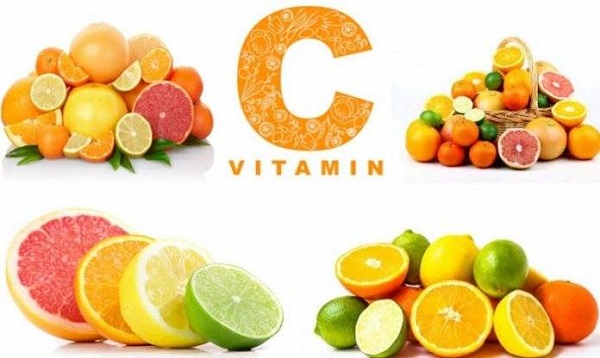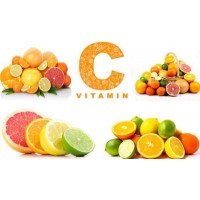5 common vitamins to supplement like this
Vitamins are one of the five major nutrients needed by the human body, which can maintain the normal physiological functions of the human body. They can be divided into two categories: fat-soluble and water-soluble.At present, there are 14 kinds of vitamins recognized in the world, including vitamin A, vitamin B1, vitamin B2, vitamin B3, vitamin B9, vitamin C, vitamin D, vitamin E, vitamin K and so on.
Vitamins generally cannot be produced by the human body, and must be ingested through diet. The daily vitamin needs of the human body can be met under the condition of ensuring a balanced nutrition and a reasonable diet. Although the human body's daily requirement for vitamins is small, deficiency may cause a series of symptoms, and severe deficiency can lead to disease. The following vitamins are particularly important.
Vitamin A has the functions of maintaining normal night vision, promoting growth and development, maintaining reproductive function and integrity of skin and mucous membranes, and promoting immune function. Deficiency can lead to night blindness, dry eye, dry skin and keratinization. A survey shows that the adequacy rate of vitamin A intake of Chinese residents is only 40%. Cod liver oil, dairy products, egg yolks, etc., plant foods do not contain vitamin A, and some carotene can be converted into vitamin A in the human body, such as spinach, carrots, pumpkins and other dark vegetables are rich in beta-carotene.
Vitamin D
Known as "sunshine vitamin", it has the functions of regulating calcium and phosphorus metabolism, promoting bone growth, regulating cell growth and differentiation, and regulating immune function. The source of vitamin D in food is not rich, only a few sources such as cod liver oil, liver, whole milk, egg yolk, fatty fish, etc. Sun exposure is the best source of sufficient vitamin D for the human body.
Vitamin C has antioxidant effect, can promote iron absorption, scavenge free radicals, etc. Vitamin C deficiency is easy to occur when the human body has malabsorption disorders, such as indigestion or improper food processing.

Vitamin E has anti-oxidative and anti-aging effects, and deficiency is relatively rare, and generally occurs in people with lipodystrophy and premature infants. Vitamin E is available from a wide variety of food sources and can be supplemented by consuming vegetable oils and nuts.
B vitamins
Such vitamins include vitamin B1, vitamin B2, vitamin B12, niacin, folic acid, etc., and are indispensable substances to promote metabolism in the body. Eating more whole grains, beans, potatoes and appropriate amount of animal offal can supplement vitamin B1. Eat more milk, egg yolks, dark green vegetables, grains, fish, nuts, etc. to supplement vitamin B2.

